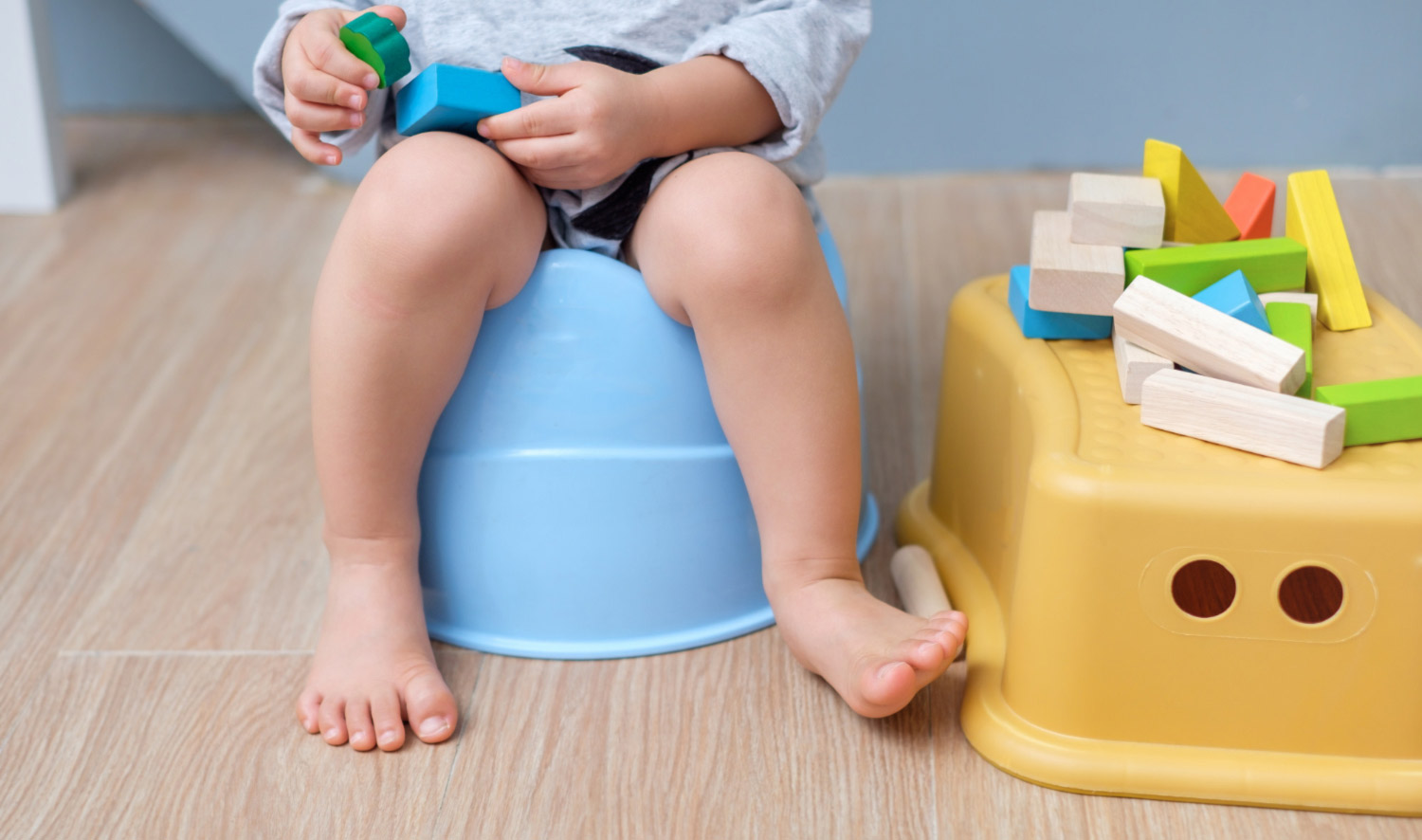As events continue to unfold in the Russian attack on Ukraine, many parents and caregivers may be wondering how to talk to their kids about this scary and complicated situation. Understandably, it might be tempting to try to shield your children from frightening current events like war and violence. But in this day and age especially, with exposure to the news everywhere, kids will likely learn about these events somewhere. Kids are also very perceptive and can easily tell when their parents and caregivers seem stressed and worried about something.
When children have only fragments of information they do not fully understand, and if they get the sense that adults around them are “hiding something,” it can actually lead to more anxiety and fear. The best way we can help children deal with upsetting current events is to be straightforward and honest with them, reassure their safety where we can, and help them process their feelings.
Here are some steps you can take:
1. Open up the topic and ask what they know. Before you start jumping in with information, first ask your kids what they know about the situation so you can correct any misunderstandings if needed.
2. Give straightforward information about what is happening. The specific language you use may vary depending on the age of your child, and there is not one “right way” to talk about what is happening. You do not need to share a lot of specific details, but be straightforward about the basic facts and be open to answering questions (if you do not know the answer, you can find out together!).
3. Reassure kids that they are safe. When something scary is happening in the world, kids may naturally worry that the same thing could happen to them. Of course we can never 100% guarantee safety at all times, but talk about the ways in which your child is being kept safe.
4. Support and validate feelings. Ask your children what emotions they are having and let them know those feelings are okay. Provide comfort and support if needed.
5. Talk about actions you might be able to take to help. We often feel helpless in the face of others’ suffering, but finding even small actions to take can help kids feel like they are making a difference. If possible and appropriate for your family, you may look into ways that you can get involved in helping the victims of the Ukraine invasion.
If you have concerns about your child’s behavior or how they may be processing these current events, please know our pediatricians and integrated behavioral health team are here to support your family. Schedule an appointment today!
Recent Posts
- The Ultimate Guide to Summer Safety
- Tips and Tricks For Toilet Training Your Toddler
- Vote For Pediatric Associates of the Northwest As The Best Pediatrician Office
- Recognizing Asthma: How to Minimize Symptoms & Basic Management Tips
- Baby Bonanza 2025: A Lively, Learning-Filled Morning for Growing Families






